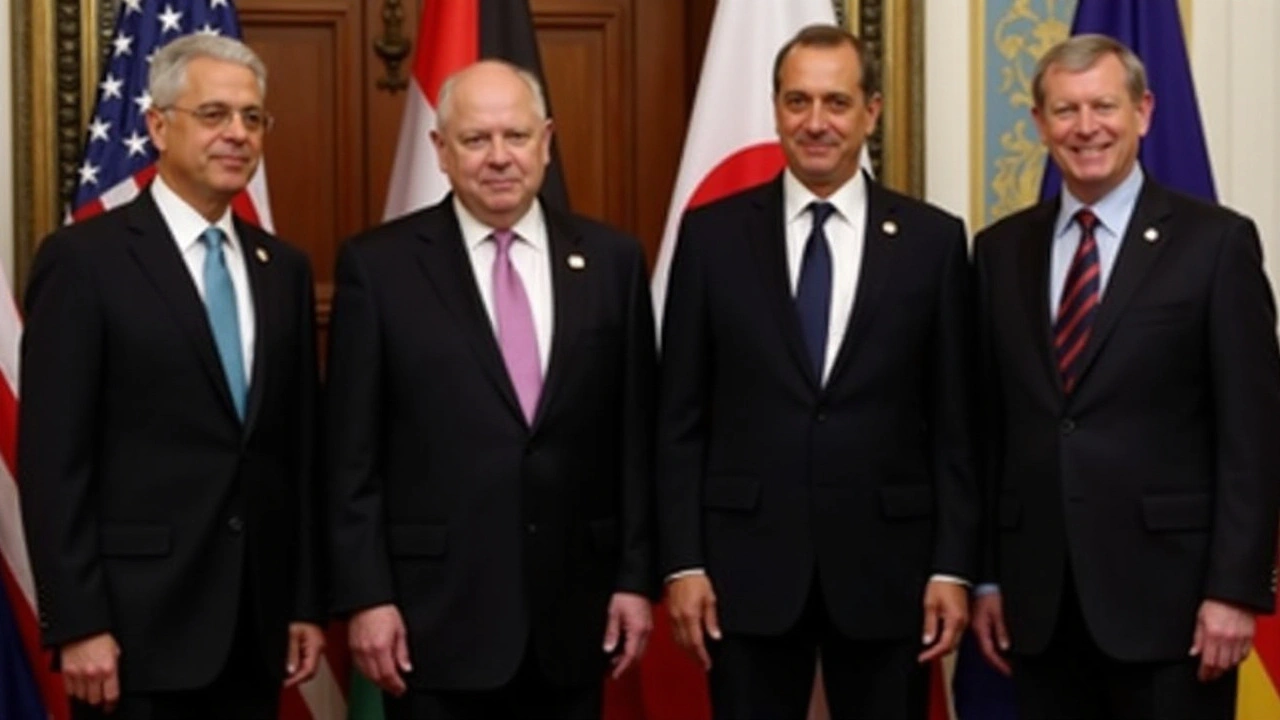Economic Disparities: What They Mean and Why They Matter
Economic disparities refer to the uneven distribution of wealth and income among individuals or groups within a society. You’ve probably noticed that some people have way more resources and opportunities than others, and this gap influences everything from education to health and social mobility. Understanding economic disparities helps us see why some communities struggle while others thrive.
When we talk about economic disparities, we’re often looking at factors like income, access to quality education, and job availability. For example, a family living in a wealthy neighborhood has better schools, healthcare, and job connections than a family in a poorer area. This isn’t just about money—it’s about opportunity and quality of life.
The Real Impact of Economic Inequality
At its core, economic disparities create barriers that hold back individuals and entire communities. People stuck in low-income situations face challenges like limited access to healthcare, higher crime rates, and lower life expectancy. These problems don’t just harm individuals but can drag down whole economies by reducing productivity and increasing social costs.
On a national level, big income gaps can lead to social unrest and political instability. When the economic system feels unfair, distrust in institutions grows. That’s why many governments try to implement policies aimed at reducing disparities, such as social welfare programs, education funding, and tax reforms.
How Can We Work Toward Reducing Economic Disparities?
Addressing economic disparities requires a mix of efforts from policymakers, businesses, and communities. Education is a powerful tool—investing in schools and training programs can equip people with skills they need to access better jobs. Making healthcare affordable ensures everyone can stay healthy enough to work and take care of their families.
Another approach includes reforming tax policies so that wealthier individuals contribute fairly to public services. Encouraging businesses to create inclusive hiring practices and support local economies can also make a difference. Ultimately, closing economic gaps is about creating a more level playing field where everyone has a fair shot at success.
In the end, economic disparities affect us all, whether directly or indirectly. Knowing how they work and what can be done helps us support solutions that build stronger, fairer societies. So next time you hear about wealth gaps or economic inequality, remember it’s more than just numbers—it’s about real people’s lives and futures.

Trump's Concern about BRICS Currency Replaced by Real Challenges
Donald Trump's warning to BRICS nations about creating a new currency may be premature as the economic and political challenges among Brazil, Russia, India, China, and South Africa deter such a move. With vast economic and geopolitical disparities, as well as reliance on existing financial structures, the dream of a BRICS currency remains a distant reality despite interest from leaders like Vladimir Putin and Luiz Inacio Lula da Silva.